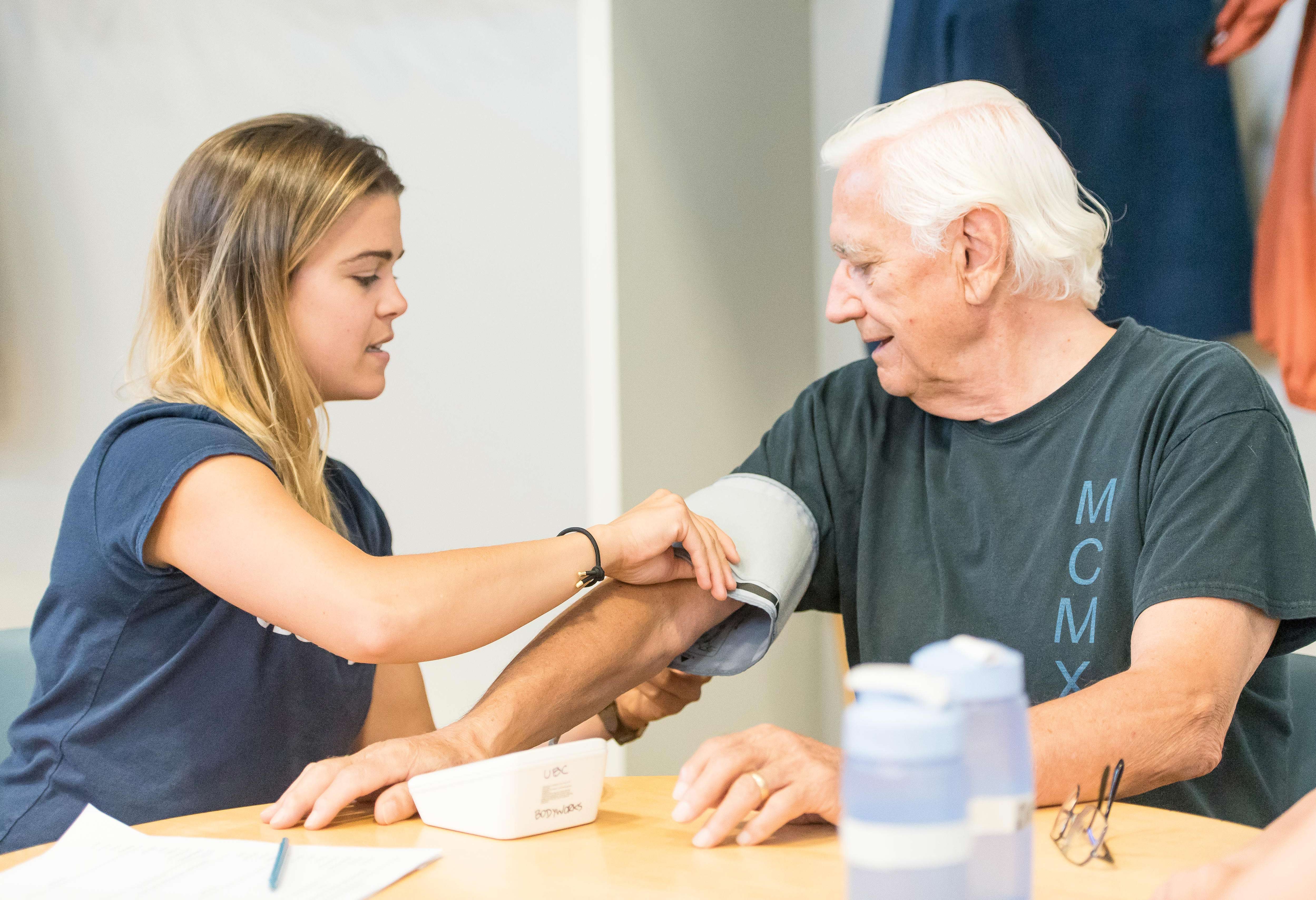
The School of Kinesiology at UBC is pleased to announce that Dr. Eli Puterman’s “Healthy Aging from Cells to Societies” is the winner of the 2019-2020 Killam Connection Competition.
Every year, the Killam Connection program provides up to $25,000 to enable UBC faculty to host an innovative and interdisciplinary research forum and graduate course focused around a theme of general interest and public importance. The purpose of this grant is to provide an opportunity for faculty and graduate students to engage with leading scholars on matters of importance. The grant is also meant for students to gain experience developing and possibly implementing scholarly projects that have a public impact.
“Killam Connection: Healthy Aging from Cells to Societies” will tackle the complexities of healthy aging across the lifespan and support the training of future scientists in developing practical skills in translating scientific knowledge to successfully engage the public. In this graduate course and seminar series, healthy aging will be explored through these lenses – through an examination of the ground-breaking research on cellular, social, cultural, behavioural, structural, and environmental factors that intersect to predict how long and well we live, both physically and mentally. This course also seeks to address the current public discourse on healthy aging and the myths about healthy aging that persist in the public sphere. This 13-week course will include UBC, national and international speakers from across the biological, social and behavioural sciences.
Some of the speakers expected to participate in the course are Rachel Yehuda, PhD, from Mount Sinai’s Hospital in New York; Catrin Tudor-Locke, PhD, from University of Massachusets; Tim Caulfield, LLM, from University of Alberta, journalist Mary Beth Pfeiffer; Stanford University’s Lloyd Minor, MD, among others.
This Graduate Lecture-Seminar, KIN 500P 001 is under Special Topics in Kinesiology and will be offered to graduate students in January 2020. For more information please click here.